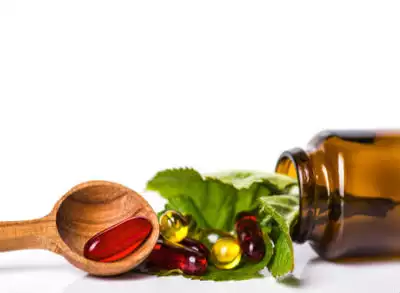Navigating the realm of herbal dietary supplements can be both empowering and daunting. While these products offer a natural alternative to conventional medications and promise various health benefits, their unregulated nature raises concerns about safety and efficacy. With a plethora of options flooding the market, consumers often find themselves lost in a sea of unfamiliar herbs, unsure of which ones to trust and how to use them safely. One of the primary challenges in the world of herbal supplements is the lack of regulation. Unlike pharmaceutical drugs, herbal supplements do not undergo rigorous testing by regulatory agencies before hitting the shelves. This means that their safety, quality, and effectiveness can vary significantly from one product to another. Without proper regulation, there is also a risk of contamination, adulteration, or mislabeling, which can pose serious health risks to consumers. To navigate this landscape safely, it is essential for consumers to educate themselves about the herbs they are interested in and the companies that produce them. Researching the reputation and record of accomplishment of a supplement manufacturer can provide valuable insights into their commitment to quality and transparency.

Look for companies that adhere to good manufacturing practices GMP and have third-party certifications for purity and potency. Another crucial aspect of safely using herbal supplements is consulting with a healthcare professional, especially if you have underlying health conditions or are taking other medications. Herbal supplements have the potential to interact with prescription drugs, exacerbate existing health issues, or cause adverse reactions. A qualified healthcare practitioner can help you navigate these complexities and determine the most appropriate supplements for your individual needs. When selecting herbal supplements, it is important to prioritize quality over price. While cheaper products may seem like a bargain, they often cut corners in terms of sourcing, manufacturing, and testing. Opting for high-quality supplements from reputable brands may come with a higher price tag, but it ensures greater safety and efficacy. Look for supplements that use standardized extracts, which guarantee consistent levels of active ingredients.
Additionally, pay attention to the ingredients list and avoid supplements with unnecessary fillers, additives, or artificial ingredients. Natural does not always mean safe, and some herbal supplements may contain allergens or contaminants that could harm your health. Be cautious of exaggerated health claims or promises of miraculous results, as these are often red flags for unreliable products. It is also important to approach herbal supplements with realistic expectations. Remember that individual responses to verso cell being supplements can vary based on factors such as genetics, lifestyle, and underlying health conditions. Patience and consistency are key when incorporating herbal supplements into your wellness routine. In conclusion, navigating the world of herbal dietary supplements safely requires diligence, education, and discernment. By researching products, consulting with healthcare professionals, prioritizing quality, and managing expectations, consumers can harness the potential benefits of herbal supplements while minimizing the associated risks. With informed choices and responsible use, herbal supplements can be valuable allies in supporting overall health and well-being.